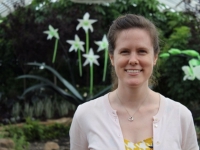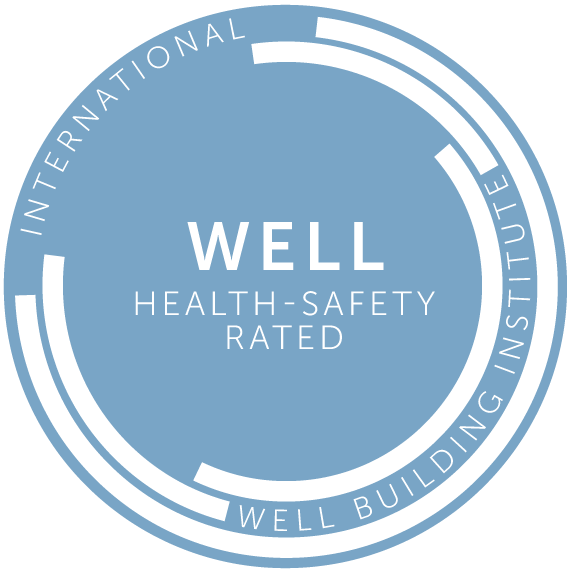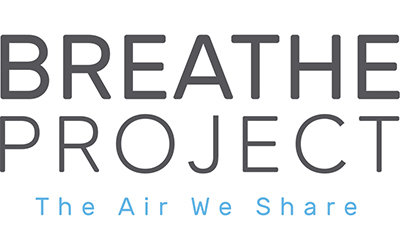Indoor Air Quality at Phipps Conservatory and Botanical Gardens
Meghan Scanlon, WELL, AP | Wellness and Sustainability Specailist, Phipps Conservatory and Botanical Gardens
Watch This Presentation:
We humans spend more than 90 percent of our time indoors. According to the Centers for Disease Control and Prevention, the physical and social environment affects human health more than lifestyle and health behaviors, medical care, and genetics combined. Additionally, indoor air can be two to five times more polluted than outdoor air. This is especially noteworthy in Allegheny County, where high ozone and particulate pollution levels prompted the American Lung Association in its 2020 “State of the Air” report to give Allegheny County a failing grade for number of days with high pollution levels. Poor outdoor air quality isn’t just limited to the Pittsburgh area. Nationally, 45 percent of the population lives in counties with unhealthy levels of either ozone or particle pollution. Indoor air quality directly impacts human health. Health effects associated with exposure to indoor air pollutants can be both short- and long-term and can range in severity, from headaches, dry throat, eye irritation, and runny nose to asthma attacks, high blood pressure, heart disease, and cancer. A suite of green building certifications, including but not limited to LEED, WELL, and the Living Building Challenge, provide guidance to building owners and operators on achieving healthier indoor air. These certifications memorialize best practices in building design and operation as well as human behavior interventions that can be implemented to assure high indoor air quality. Investing in people results in a compelling return on investment; even modest improvements in productivity and sick time use translates to cost savings to building owners. In this talk, I will connect indoor air quality with human health, summarize noteworthy research in this area, and introduce the green building certifications incorporated at Phipps Conservatory and Botanical Gardens that contribute to healthier, more productive occupants.

About the Speaker
Meghan Scanlon, Phipps' wellness and sustainability specialist, acts as a change agent for the Conservatory, facilitating new ways to connect human and environmental health within Phipps and other organizations. Her expertise in developing and implementing targeted sustainable wellness practice standards enhances Phipps’ mission. In Studio Phipps, she inspires others by sharing the knowledge Phipps has gathered about sustainability and health through our design projects and operations. Meghan holds a bachelor’s degree in political science and public policy, and she has over 10 years of environmental impact documentation, land conservation and green infrastructure design experience.




